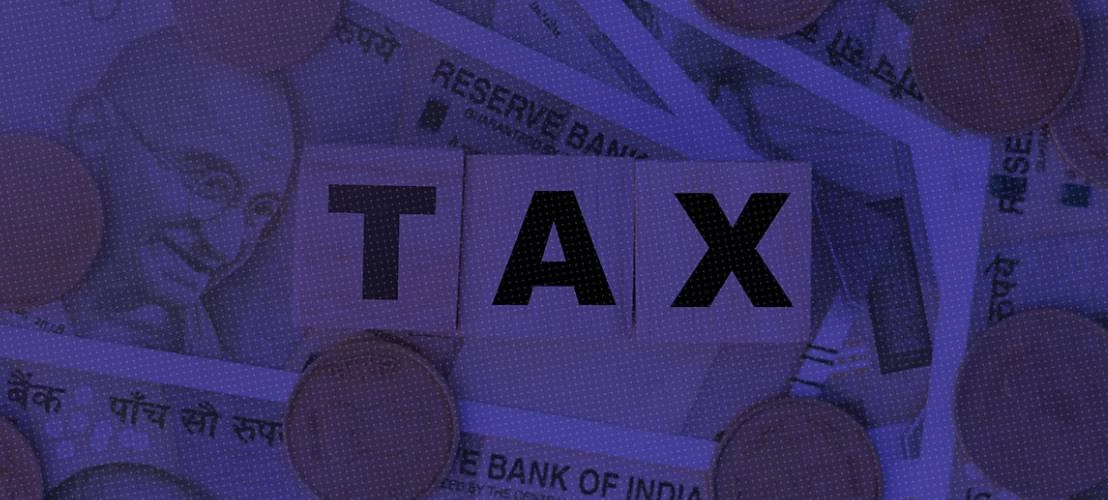Conference Call - Taxation Laws (Amendment) Bill – Key changes
The Taxation Laws (Amendment) Ordinance was promulgated on 20-9-2019 to bring in certain amendments to the Income Tax Act, 1961, providing option to corporate assessees to opt for a corporate tax rate of 22% and also an option to be taxed at 15% for assessees who commence production or manufacture before 31-3-2023. The Taxation Laws (Amendment) Bill was introduced on 25-11-2019 proposing to incorporate the changes in the Act and has been passed by the Lok Sabha on 2nd of December.
Date & Time
05
Dec 2019 | 4:00 PM - 5:00 PM
The Bill however contains various provisions which were not part of the Ordinance. Some of the key changes are denial of carry forward of MAT credit to corporates opting for the lower rate of 22%, taxation of income from manufacture and other income at different rates and declaring certain activities as not amounting to manufacture and empowering the government to notify any activity as not ‘manufacture’. While clarity is always welcome in taxation, the changes usher in their own set of dilemma.
For instance, what options would be available to a company which commences manufacturing activity and such activity is subsequently notified as not ‘manufacture’. There is also certain ambiguity in eligibility to claim deduction in case of mergers. Thus, before opting for the lower rates, companies examine the possible implications.
In order to understand the finer nuances of the Taxation Laws (Amendment) Bill, Lakshmikumaran & Sridharan is organizing a chorus call on ‘Taxation Laws (Amendment) Bill – Key changes’.
Speakers
- Mr. S. Vasudevan, Partner, L&S







